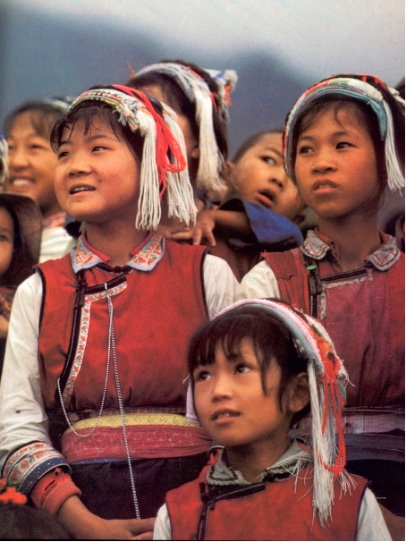 During the early part of my career, one of the most stunning academic papers I read was this:
During the early part of my career, one of the most stunning academic papers I read was this:
Roy Andrew Miller, "Pleiades Perceived: MUL.MUL to Subaru", Journal of the American Oriental Society, 108.1 (January-March, 1988), 1-25.
"Pleiades Perceived" was the presidential address delivered March 24, 1987 at the American Oriental Society's 197th Annual Meeting in Los Angeles. "Roy Andrew Miller (September 5, 1924 – August 22, 2014) was an American linguist best known as the author of several books on Japanese language and linguistics, and for his advocacy of Korean and Japanese as members of the proposed Altaic language family." (source)
Miller received his Ph.D. in Chinese and Japanese from Columbia University. He taught successively at the International Christian University in Tokyo, Yale University, and the University of Washington. He was (in)famous for his harsh reviews, to be compared only with those of Leon Hurvitz (August 4, 1923 – September 28, 1992), who also received his Ph.D. from Columbia and, after teaching at the University of Washington, ended his career at the University of British Columbia. Miller and Hurvitz both were immensely learned scholars who knew Chinese, Japanese, Tibetan, Sanskrit, and other challenging languages. I didn't meet Miller in person, but did study for one year with Hurvitz, who was extraordinarily eccentric.
Read the rest of this entry »

 During the early part of my career, one of the most stunning academic papers I read was this:
During the early part of my career, one of the most stunning academic papers I read was this:





